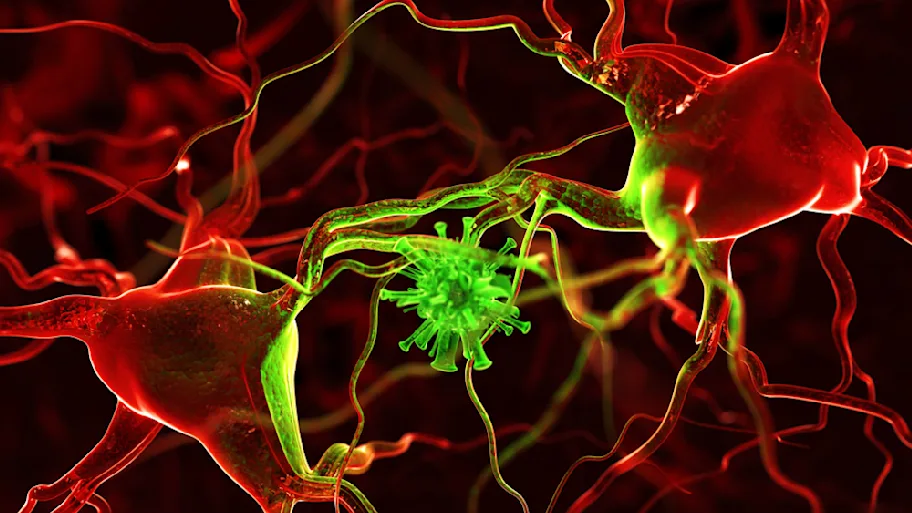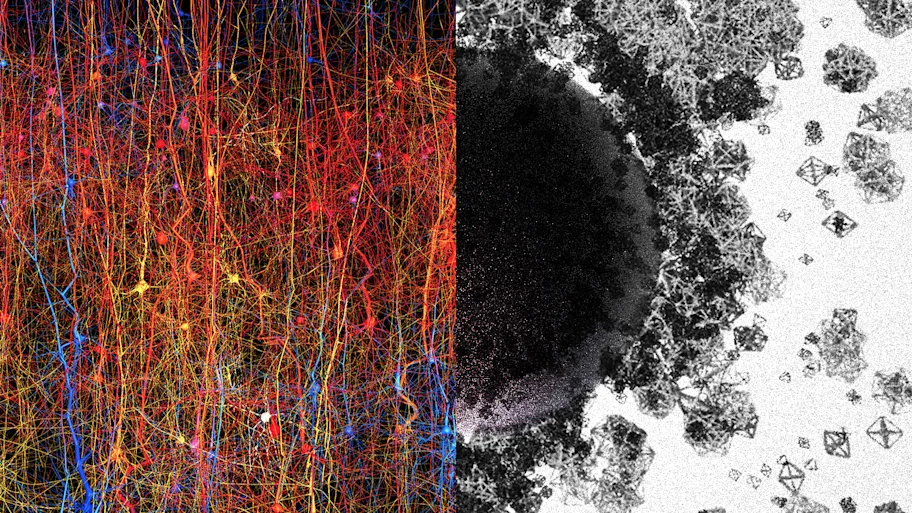
- Science News
- Neuroscience
- Contribute your mini-reviews to EPFL’s neuroscience MOOC
Contribute your mini-reviews to EPFL’s neuroscience MOOC

Image: Graphic Design – Esther Estévez
Articles from Frontiers’ Research Topic on the Fundamentals of 21st Century Neuroscience to be used as key literature references in EPFL’s open online course launching next year.
Neuroscience has boomed in recent decades. Research fields are diversifying and technological development has brought about some revolutionary research tools. New discoveries are quickly hitting the press and neuroscience-based knowledge is being applied to a variety of industries, from education and medicine to business and marketing.
As more and more research is produced, there is an increased importance on how scientists communicate and contextualize it. Like in a well-functioning brain, the better scientists integrate already available research data, the better the outcomes will be.
To help address this challenge, the Swiss Federal Institute of Technology in Lausanne (EPFL), in collaboration with the Blue Brain Project, is launching a massive open online course (MOOC) called Neuroscience Reconstructed: Towards an Integrative Approach.
Ranging from molecular to cognitive and behavioral neuroscience, the course will provide the most up to date, state-of-the-art content and give participants a multi-scale view and understanding of brain function.
“Week by week, participants will get access to video lectures, background documentation, knowledge quizzes, hands-on tutorials and modelling exercises, providing the right balance of knowledge and skill that a future neuroscientist needs,” explains Annechien Helsdingen, project administrator at the EPFL.
As well as participating in the MOOC, researchers can also contribute to it by submitting their papers to Frontiers’ Research Topic on the Fundamentals of 21st Century Neuroscience.
The article collection aims to consolidate the foundations of neuroscience in the 21st century, with mini-review articles on a broad range of neuroscience subtopics including genetics and neurodevelopment, neuroproteomics and metabolomics, cellular neurobiology, neuroimmunology, synaptic physiology and transmission, neural circuits and networks, neuroanatomy, cognitive neuroscience, and behavioral neuroscience.
“This Research Topic will provide a place where researchers can review their fields through an integrative and multi-scale lens, placing each subject matter into the broader context of brain function, and linking knowledge from their fields to other relevant research areas,” says Leonor Ruivo, scientific consultant at the EPFL and a Topic Editor for the collection.
The mini- review articles will be freely available to read and download on the Frontiers website and will also be used as key literature references in the Neuroscience Reconstructed: Towards an Integrative Approach MOOC.
As professor of neuroscience at the EPFL, founder and director of the Blue Brain Project, and co-founder and editor in chief of Frontiers, Henry Markram is enthusiastic about the potential this online course and article collection will have for his field:
“The Research Topic and MOOC are important endeavors in an age of synthesis science, as they bring together many different people in many different ways. Only by combining knowledge and opening up our research in this way, can we hope to achieve a truly holistic view of how the brain functions. I hope this unique collaboration will inspire the next generation of neuroscientists from around the world.”
Each mini-review article should include a graphic summary, a brief historical perspective, a summary of the established principles within the field of research, a critical appraisal of the current state of the art, and a highlight of future directions to be explored.






